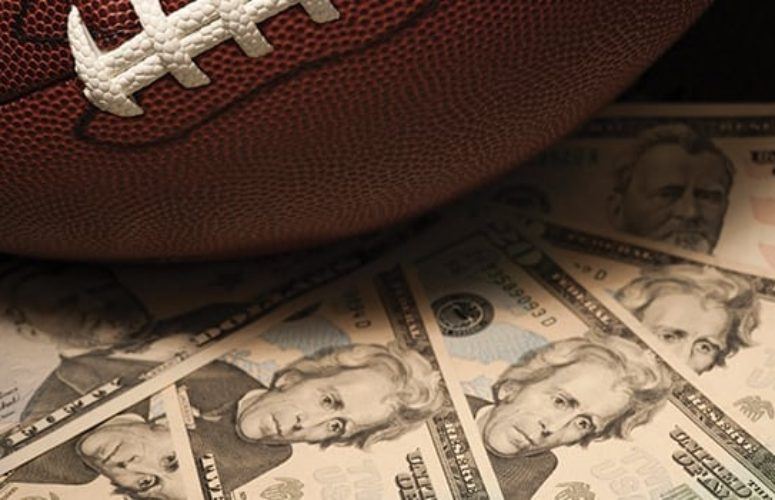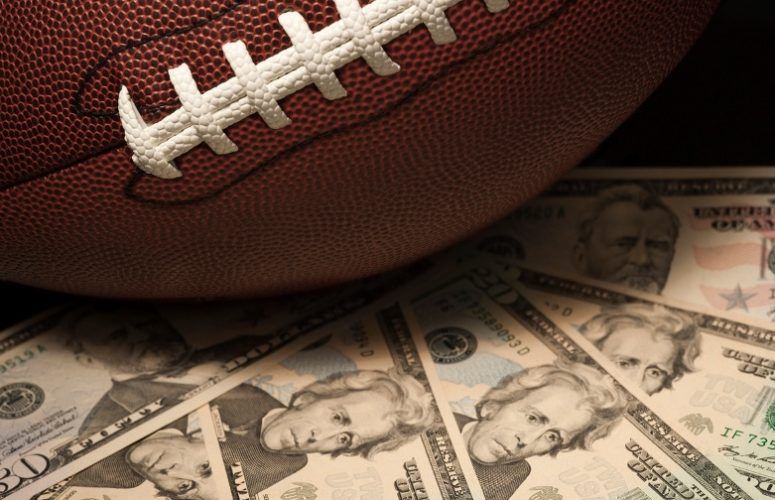
Supreme Court Sides with New Jersey on Sports Betting
Decision opens door to new revenues and overall economic growth.
By Steve Wilson, Communications Manager, NJBIA On May 31, 2018The US Supreme Court recently cleared the way for New Jersey to authorize sports betting at Atlantic City casinos and state racetracks, ruling that federal law prohibiting it is unconstitutional.
In Murphy vs. the National Collegiate Athletic Association, the court stated that the federal Professional and Amateur Sports Protection Act (PASPA) violates the “anti-commandeering” principle in preventing New Jersey from modifying or repealing its laws prohibiting sport gambling.
Acting in response to the Supreme Court’s landmark decision, Senate President Steve Sweeney and Senators Jeff Van Drew and Vin Gopal immediately introduced legislation that would authorize and regulate sports gaming in New Jersey, putting in place the regulatory framework needed to allow casinos and racetracks to start taking bets.
While the first bets in the state were initially expected to be made last month on Memorial Day at Monmouth Park (this announcement was made by Dennis Drazin, chairman and CEO of Darby Development, LLC – the park operator), there was instead a delay essentially associated with statewide regulations that need to first be addressed. It is projected that the Monmouth Park could collect $75 million in its first year from sports betting.
It is estimated that sports betting could generate $10 billion per year in the state, with $100 million being collected as tax revenues.
The Supreme Court decision states: “The legalization of sports gambling requires an important policy choice, but the choice is not ours to make. Congress can regulate sports gambling directly, but if it elects not to do so, each state is free to act on its own. Our job is to interpret the law Congress has enacted and decide whether it is consistent with the Constitution. PASPA is not.”
In a statement, New Jersey Gov. Phil Murphy said he was thrilled.
“New Jersey has long been the lead advocate in fighting this inherently unequal law, and [this] ruling will finally allow for authorized facilities in New Jersey to take the same bets that are legal in other states in our country,” he said.
Sports betting became legal in New Jersey in 2012 following voter approval of a referendum in the previous November’s election. Several professional sports leagues, however, joined the NCAA in suing the state and preventing the law from being implemented.
Sweeney indicated that he wants New Jersey to follow through with legal sports betting.
“We can now seize the opportunity with a new sector of gaming that will help create jobs, generate economic growth and be an important boost to the casino industry and horse racing,” he said.
The 2012 law permits any of the state’s Atlantic City casinos and four racetracks to offer gambling on professional and college sports, but prohibits them from accepting bets on college events played in New Jersey, or out-of-state games involving New Jersey college teams.
Related Articles:






